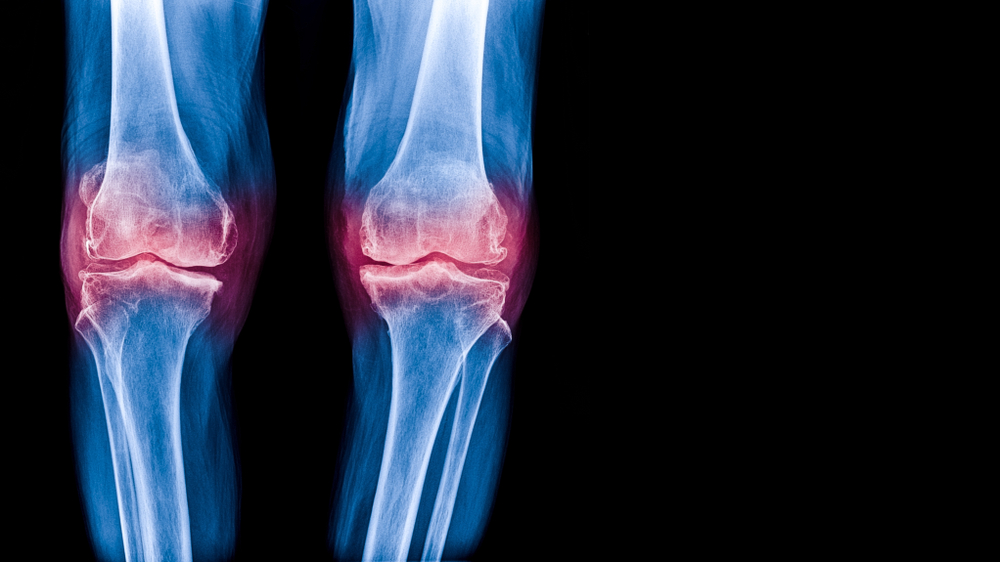In a groundbreaking shift, scientists are turning their attention to the resolution of inflammation.
A critical but overlooked process aiming to develop novel therapies for a multitude of diseases, including cancer, severe COVID-19, and age-related ailments.
Inflammation and Its Aftermath
Inflammation is a critical part of the body’s self-defence mechanism. It acts as an alarm that alerts the immune system to potential harm from injuries or infections. Essentially, it kickstarts the healing process by sending white blood cells to the affected area to protect the body. This type of inflammation, known as acute inflammation, is generally beneficial and helps speed up recovery.
However, when inflammation becomes a long-term response, it can lead to detrimental health effects.
Factors like obesity can cause a state of persistent inflammation, where the immune system perceives visceral fat cells (the type of fat that surrounds your organs) as a threat. This chronic inflammation is characterised by a continuous, high level of immune activity, which can lead to the immune system attacking healthy tissues and organs.
Chronic inflammation has been associated with several serious health conditions, including heart disease, diabetes, cancer, arthritis, and bowel diseases like Crohn’s disease and ulcerative colitis. Yet, the exact relationship between chronic inflammation and these diseases is not entirely understood. While some studies suggest that chronic inflammation increases the risk of these conditions, others propose that it might be a by-product of these diseases. In any case, chronic inflammation is a common factor in these ailments, albeit the cause-effect relationship remains unclear.
The Resolution Process: A New Perspective
Ruslan Medzhitov, a distinguished professor of immunobiology at Yale School of Medicine, emphasises the importance of resolving inflammation rather than merely halting it.
Inflammation is a critical component of our body’s response to various stressors, providing essential protection against harmful environmental factors and helping to maintain homeostasis and the functional integrity of our tissues and organs. However, when it occurs, it is not sufficient to simply stop the process. The body must also clear out dead cells and bacteria and rebuild damaged tissue.
The resolution of inflammation is a highly coordinated and vital process for restoring the tissue to its original state.
Specialised Pro-resolving Mediators: Harnessing the Power of Resolution in Inflammation
The resolution of inflammation is an endogenous process that safeguards our tissues from prolonged or excessive inflammation that could turn chronic. Failure to resolve inflammation effectively is a key pathological mechanism that drives the progression of numerous inflammation-driven diseases.
In the 1990s, Charles Serhan, now a professor at Harvard Medical School and the Director of the Center for Experimental Therapeutics and Reperfusion Injury at Brigham and Women’s Hospital, discovered Specialised Pro-resolving Mediators (SPMs) which play a crucial role in resolving inflammation5. SPMs are molecules derived from essential polyunsaturated fatty acids that regulate endogenous resolution programs by limiting further tissue infiltration by neutrophils and stimulating local immune cells to clear out cellular debris, apoptotic cells, and microbes. They also counter-regulate the production of eicosanoids and cytokines. SPMs include lipoxins, resolvins, protectins, and maresins.
Over the past three decades, our understanding of the resolution phase of acute inflammation has grown exponentially with the discovery of novel pro-resolving lipid mediators, their mechanisms, and their receptors. There is growing recognition of the extraordinary therapeutic potential of SPMs across a broad array of inflammatory diseases, including cancer. This underscores the importance of characterising SPMs and their receptors as potential therapeutic targets, paving the way for new directions in host-targeted cancer therapy and other inflammation-related diseases.
The Role of Macrophages in Resolution
One of the key players in inflammation and its resolution are macrophages. These immune cells are abundant during inflammation and were traditionally seen as pro-inflammatory. However, recent insights have revealed that macrophages are crucial in resolving inflammation.
Initially, macrophages are inflammatory, secreting pro-inflammatory cytokines. As the infection is controlled, macrophages switch to a different mode. They start clearing the cellular debris and produce factors that restore balance to the system.
Resolving Inflammation in Disease Treatment
Current research suggests that a failure in the resolution of inflammation is associated with many illnesses, including autoimmune diseases and severe COVID-19. This can lead to the failure to clear away dead cells, which, in turn, leads to chronic inflammation.
In cancer treatment, traditional chemotherapy and radiation, while effective in killing tumour cells, can exacerbate inflammation, which further feeds the tumour cells. By focusing on promoting the resolution of inflammation, it is possible to prevent the recurrence of tumours.
For COVID-19, particularly severe cases and long COVID, there is increasing evidence that a failure in resolution plays a significant role. The inflammation in response to the virus can become chronic, leading to long-lasting symptoms even after the virus is cleared.
New therapeutic approaches that focus on promoting the resolution of inflammation hold promise in treating a wide array of diseases. This is especially relevant in the Asian population, where there is a high prevalence of chronic inflammatory diseases.
Key Takeaways
Understanding and harnessing the resolution of inflammation could revolutionise the treatment of chronic diseases and ageing-related ailments. With ongoing research, the development of new drugs that specifically target this resolution process could provide more effective and safer alternatives for managing diseases associated with chronic inflammation.
References:
- The end of inflammation? New approach could treat dozens of diseases. (2022, March 4). Premium. https://www.nationalgeographic.com/premium/article/end-inflammation-new-approach-treat-diseases-cancer-aging-covid
- Understanding acute and chronic inflammation – Harvard Health. (2020, April 1). Harvard Health. https://www.health.harvard.edu/staying-healthy/understanding-acute-and-chronic-inflammation
- The spectrum of inflammatory responses – PubMed. (2021, November 26). PubMed. https://doi.org/10.1126/science.abi5200
- Resolution of inflammation: An organizing principle in biology and medicine – PubMed. (2021, November 1). PubMed. https://doi.org/10.1016/j.pharmthera.2021.107879
- Gilroy, D. W. (2021, September 27). Resolving inflammation – Nature Reviews Immunology. Nature. https://doi.org/10.1038/s41577-021-00597-w













